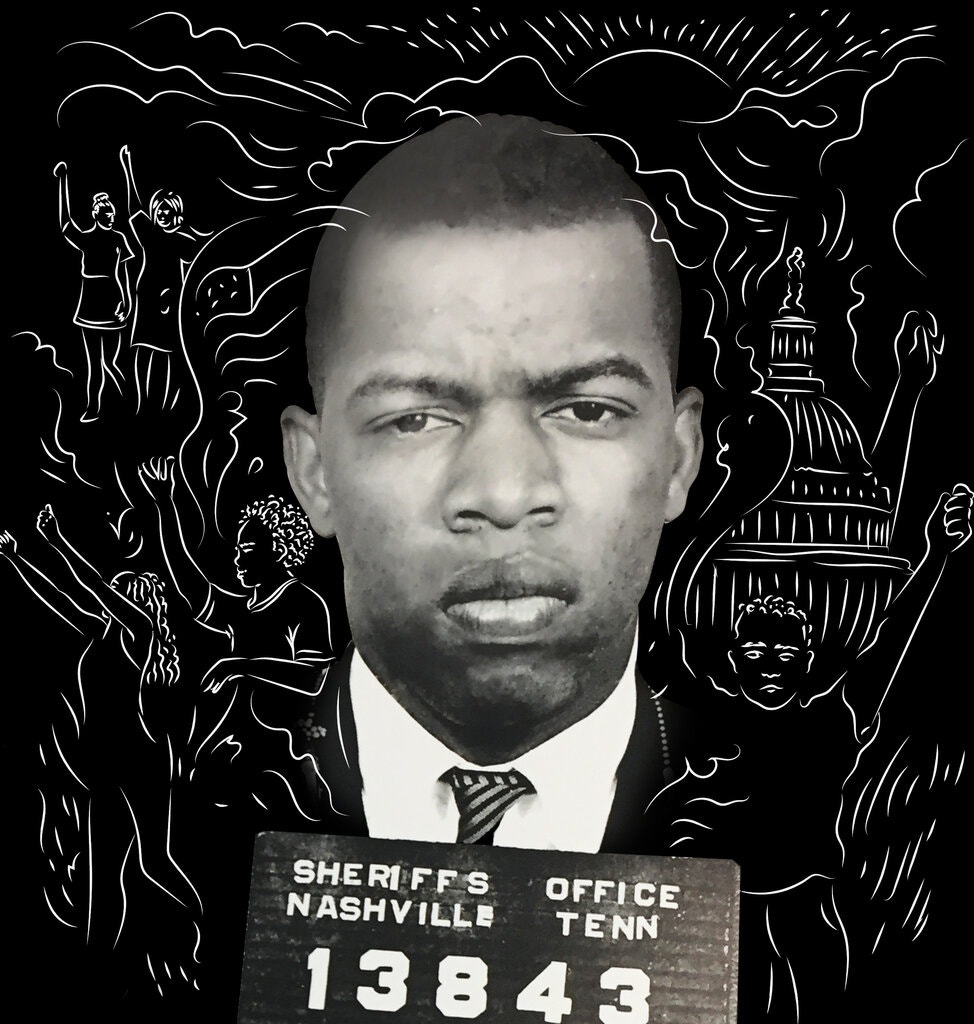Training in social movements spans a diverse spectrum of activities and formats. It may include everything from deep political education work; to strategic planning, analysis, and theory development; to specific skill and capacity building sessions, including: nonviolent action, leadership and team development, logistics exploration, cultural and arts work, media skills development, and more.
Depending on the campaign’s goals, needs, and organizational resources, a training session could be a 45-minute action prep for 300 people prior to a mass action, or a multi-day strategic planning event with a core group to frame a new campaign.
The best training sessions— especially for campaigns dedicated to transformational work — are experiential.
War Resisters International has compiled a host of valuable training ideas on their site Empowering Nonviolence.
An Example – The US Civil Rights Movement
Below is a potent excerpt on the power of Training from an interview done by Krista Tippett of On Being Studios with Democratic congressional representative and key civil rights activist John Lewis.
Listen to or read the full transcript here.
Study Non-Violence
“Long before any sit-in, any march, long before the freedom rides, or the march from Selma to Montgomery, any organized campaign that took place, we studied. We studied what Gandhi attempted to do in South Africa, what he accomplished in India. We studied Thoreau and civil disobedience. We studied the great religions of the world.”
Role-playing as Preparation, Cultivate Internal Discipline
“We went through the motion of someone harassing you, calling you out of your name, pulling you out of your seat, pulling your chair from under you, someone kicking you or pretending to spit on you. Sometimes we did pour cold water on someone, never hot — but we went through the motion.
This was drama because we wanted to feel like they were in the actual situation, that this could happen. And we would tell people, whether young men or young women, that if you’ve been beaten, try to protect the most sensitive part of your body. Roll up, cover your head and look out for each other. So when the time came, we were ready. We were prepared.”
Honour Human Dignity
“We did go through the motion, the drama, of saying that if someone kicks you, spits on you, pulls you off the lunch counter stool, continue to make eye contact. Continue to give the impression, yes, you may beat me, but I’m human.”
Become Non-Violence
“Be friendly, try to smile, and just stay nonviolent. First of all, you have to grow. It’s just not something that is natural. You have to be taught the way of peace, the way of love, the way of nonviolence.”
Empathy
“We, from time to time, would discuss if you see someone attacking you, beating you, spitting on you, you have to think of that person, you know, years ago that person was an innocent child, innocent little baby. And so what happened? Something go wrong? Did the environment? Did someone teach that person to hate, to abuse others? So you try to appeal to the goodness of every human being and you don’t give up. You never give up on anyone.”

